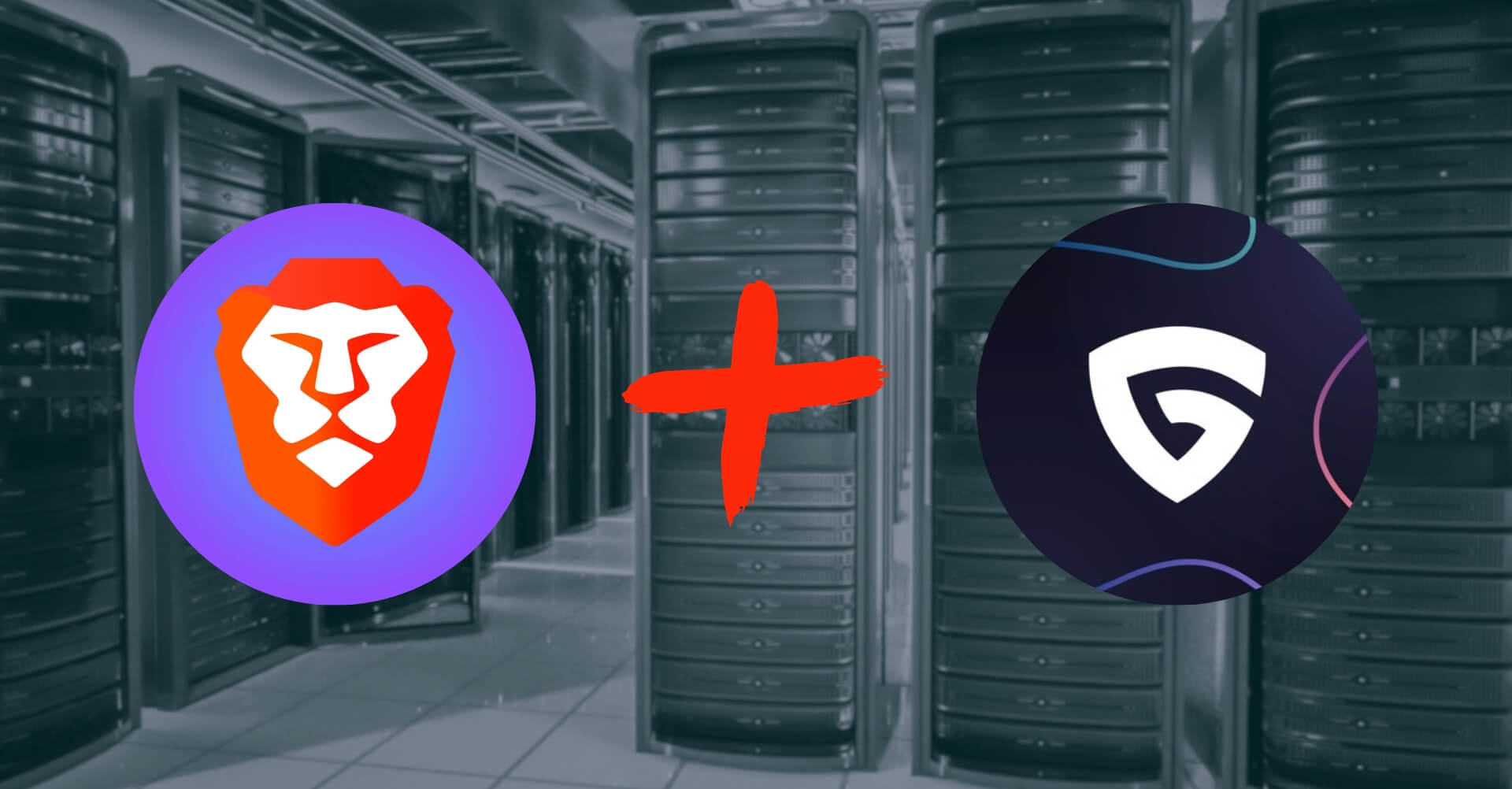Brave is a free and open-source browser that prioritizes security and speed by automatically eliminating advertisements and website trackers. Based on the Chromium web browser, this browser was designed by the Brave software developer to provide consumers with an excellent browsing experience.
The Brave browser functions on Android, iOS and desktop computers. People can also use Brave search on any browser and set Brave as the default search engine. This privacy browser is three times faster than Chrome and offers superior Google protection. Brave is a popular security browser with a user base of over 50 million people.

But when you are using Brave VPN, who’s servers are you really using? Interestingly enough, Brave VPN is actually Guardian VPN rebranded. According to my research, Guardian / Brave VPN predominantly uses CDN77, OVH, and Hydra Communications servers.
Network Analysis
Guardian, as a smaller VPN provider, presents an interesting case when considering its diversity indices, comprising of the Shannon Diversity Index (SDI) for Autonomous System Numbers (ASNs), the Country Diversity Index (GDI), and the City Diversity Index (CDI).
Guardian’s SDI value of 1.22 places it at the lower end of the spectrum compared to other VPNs. This low value implies a lower diversity of ASNs among its VPN servers, suggesting that Guardian’s network might be more susceptible to network failures or targeted attacks.
Comparatively, the GDI for Guardian is 1.78, indicating a limited diversity in the country locations of their servers. This suggests that Guardian’s service might not provide as wide a geographic coverage or as many country-specific access points as other VPNs such as Cyberghost or ExpressVPN.
Finally, the CDI for Guardian stands at 2.79, again indicating a lower city-level diversity compared to other providers. This could imply that users might have fewer options in terms of city-specific server locations, which might be a critical factor for those seeking to bypass geographic content restrictions or for those prioritizing local server access.
Comparatively, smaller VPNs like Mullvad and Privado demonstrate higher diversity indices across all three dimensions. Therefore, while Guardian’s overall performance can’t solely be determined by these indices, these figures suggest that its network diversity – at both the ASN and geographic levels – may be limited relative to both larger providers and similar-sized competitors.
As always, it’s important to remember that these indices only provide one perspective on network performance and resilience. Other factors such as the specific ISPs involved, the quality of server infrastructure, the network’s overall capacity, and how the VPN service is managed and maintained, are also crucial considerations when evaluating a VPN service.

Leave a Reply